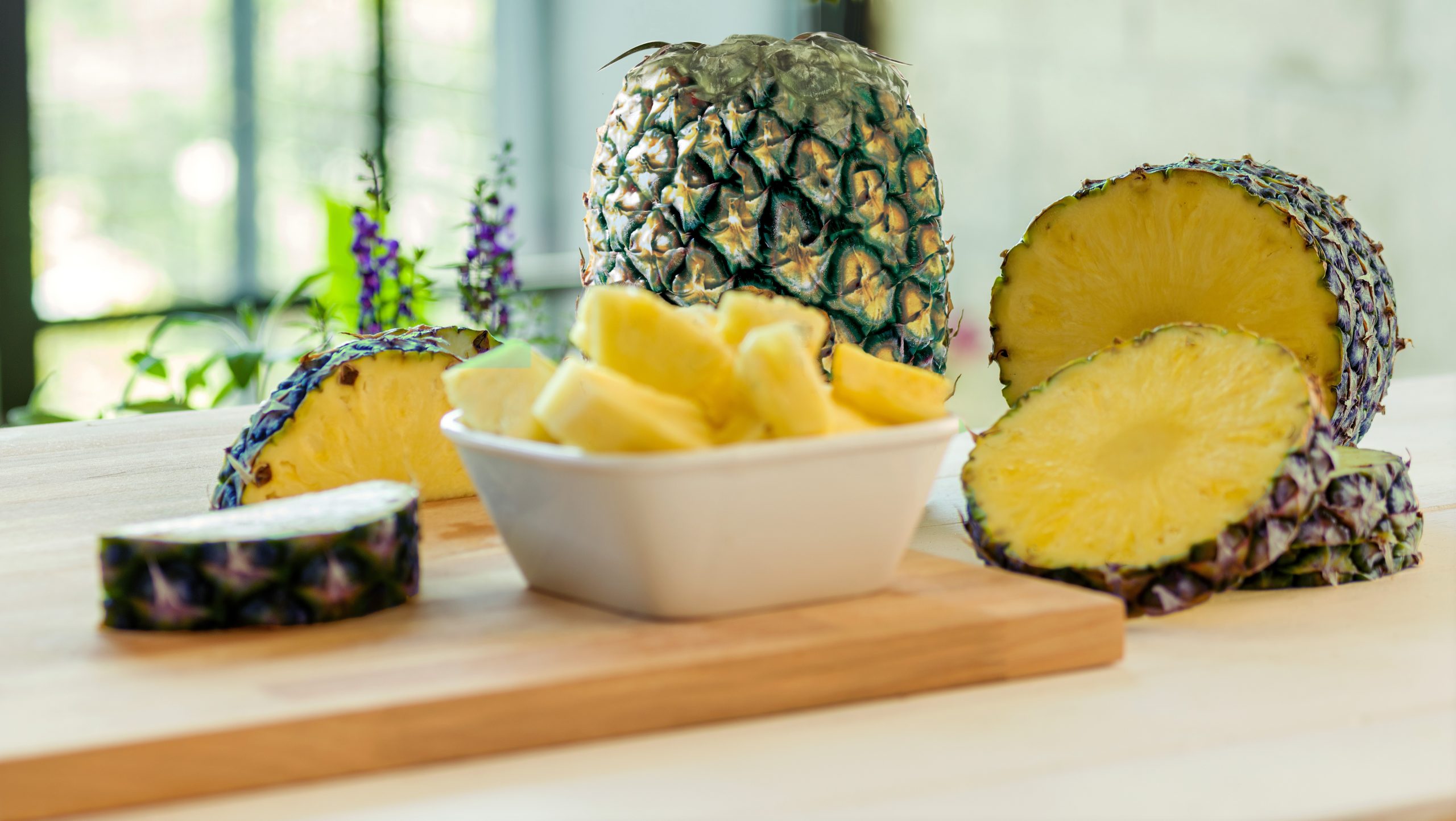Fyffes Conducts Consumer Research on Pineapples in UK and Ireland





Over eight in 10 consumers (81%) have admitted that they don’t know the correct way to store pineapples, inadvertently eating them later than ideal. The research from leading global tropical fresh fruit producer, Fyffes, coincides with the launch of Fyffes new crownless pineapples in Europe.
Fyffes assessed the consumption habits, awareness, and knowledge surrounding pineapples among over 1000 UK and Ireland consumers, to reveal that only 19% know that the best way to store a pineapple is to chop it up and put it in the fridge, with almost a third (31%) leaving a pineapple to ‘ripen’ in a fruit bowl – a common misconception as Fyffes pineapples are always ready to eat.
Fyffes is already firmly committed to responsible production, as illustrated by its greenhouse gas target, endorsed by the Science Based Target initiative and its work on human rights due diligence. The launch of Fyffes crownless pineapples to the European market presents further sustainability benefits for retailers and consumers. For retailers, crownless pineapples can significantly reduce carbon emissions as more than 30% more crownless pineapples can be transported as they take up significantly less space. The removed crowns are replanted in the pineapple fields or shredded and given to local farmers for animal feed. For consumers, crownless pineapples minimise organic waste and reduce the time and effort involved in preparation.
While many consumers may primarily associate Fyffes with bananas, the company is also a major global supplier of pineapples, melons, and other exotic fruits. The results indicate a general lack of awareness about pineapples, with almost two in five (39%) respondents unaware of the health benefits. The health benefits of pineapples include being high in vitamin C, manganese, and fibre and its potential to aid digestion and reduce inflammation.
The survey also points to an increase in the sustainability-conscious consumer, with over two in five (43%) respondents considering it important that the pineapples they purchase are sustainably and ethically sourced. 64% of respondents said they would pay more for sustainably and ethically produced pineapples. One-third (33%) would be willing to pay 5% more and 22% are willing to pay 10% more.
John Hopkins, Managing Director at Fyffes UK, commented on the findings; “We’re pleased to see retailer uptake of crownless pineapples here in the UK. The crownless pineapples mean we can help retailers meet their greenhouse gas reduction targets and reduce compostable waste. An unexpected benefit is the reaction from consumers who value the space saving in the shopping basket and storage at home. We hope to see pineapples become a staple in households across Europe and beyond.”
Ciarán Sweeney, Managing Director at Fyffes Ireland, commented; “We are pleased and encouraged to see the growing demand and importance of sustainability among consumers, with 64% willing to pay more for ethically sourced produce. At Fyffes, we have been delivering on our sustainability targets since we set our baseline in 2020, and we are keen to support retailers to meet this growing demand while reducing waste and carbon emissions through innovations like the launch of our new crownless pineapple.”
Further findings from the research include:
- Over half (54%) of respondents have increased their fruit consumption in the last six months.
- Freshness (32%), price (17%), and ripeness (17%) are the most important factors for consumers when purchasing pineapples.
- 79% of consumers are satisfied with the quality of pineapples available in their local shops.




